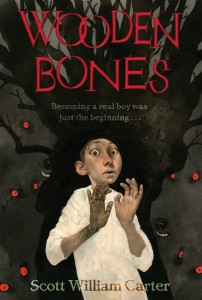While every library hopes to see good news for its budget, of late, many will happily settle for no bad news. The year 2012 was marked by modest gains in library budgets and a stemming of the bleeding caused by cuts in the wake of the collapse of the financial sector and accompanying recession. As the economy continues its slow recovery, libraries, too, are managing to claw back some of the losses they’ve been asked to endure over the past few years. While gains are being made, though, they’re small ones and often hard fought … [Read the rest of “The Road Back” at Library Journal.]
As the United States economy slowly, painfully, grudgingly pulls itself out of its economic doldrums, it’s nice to see libraries on the rebound. While there’s a common sentiment out there among the bubble-living punditry that libraries are an unnecessary expense in a digital age, the truth is that libraries have never been more popular. While the U.S. Congress comes in at a 12 percent approval rating in a recent poll, libraries rank at an astonishing 94 percent! Higher than apple pie!
Do libraries need to adapt? Sure. Are they going away? Apparently, not before apple pie.

